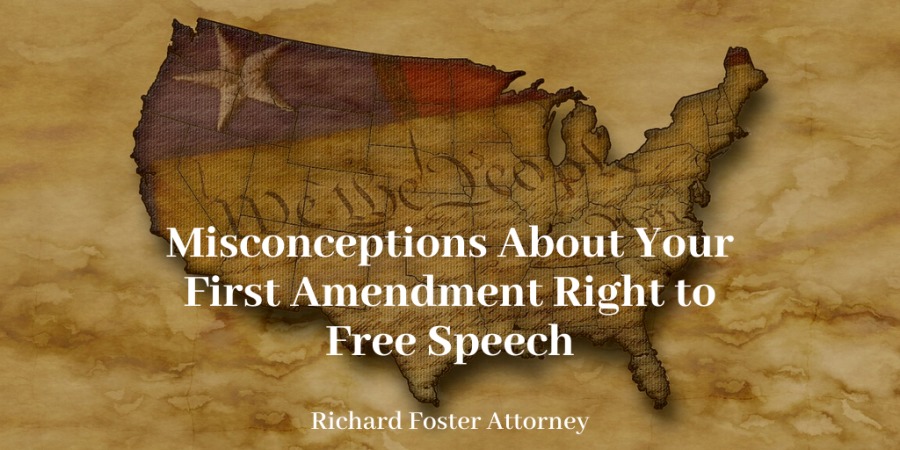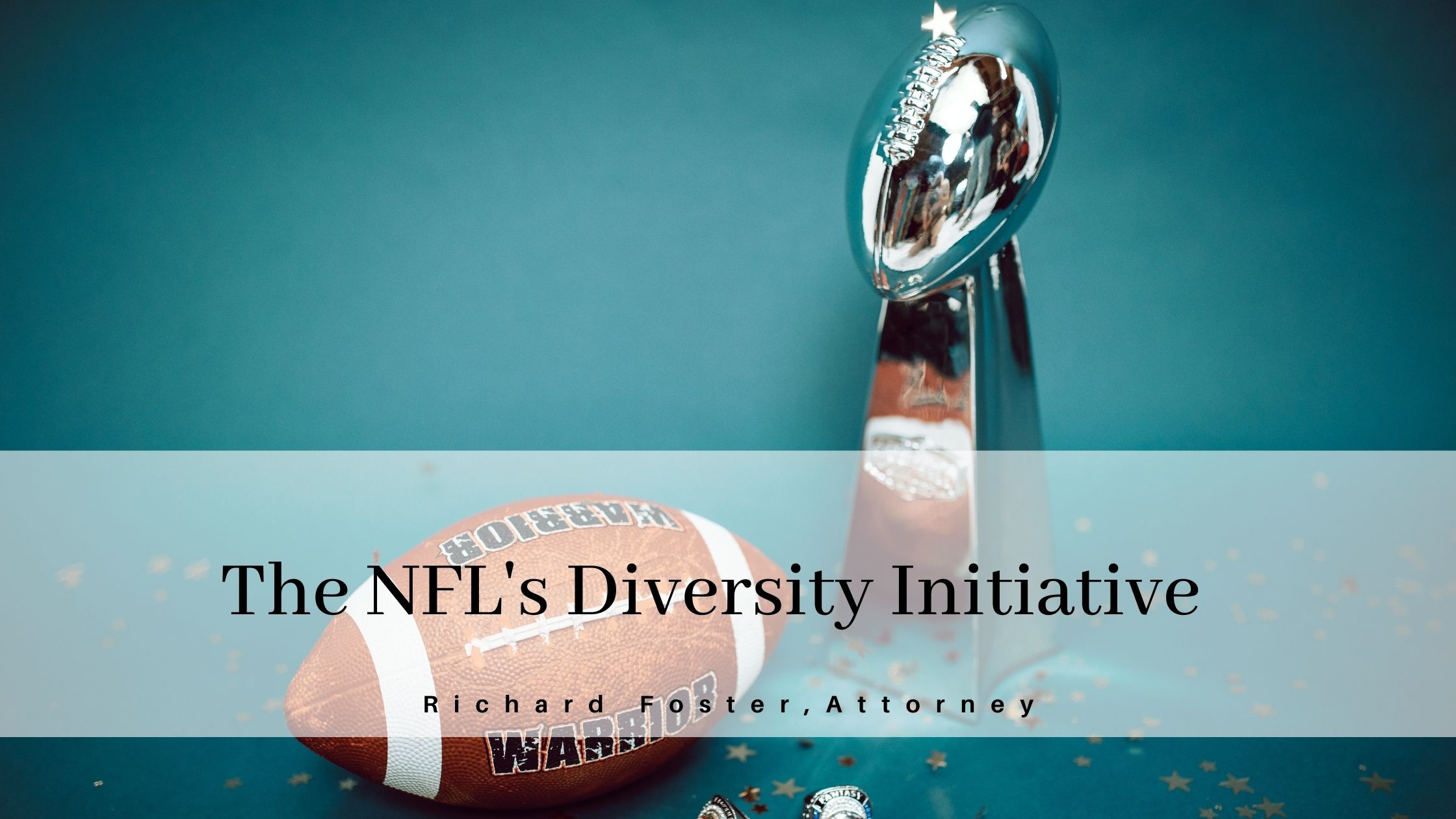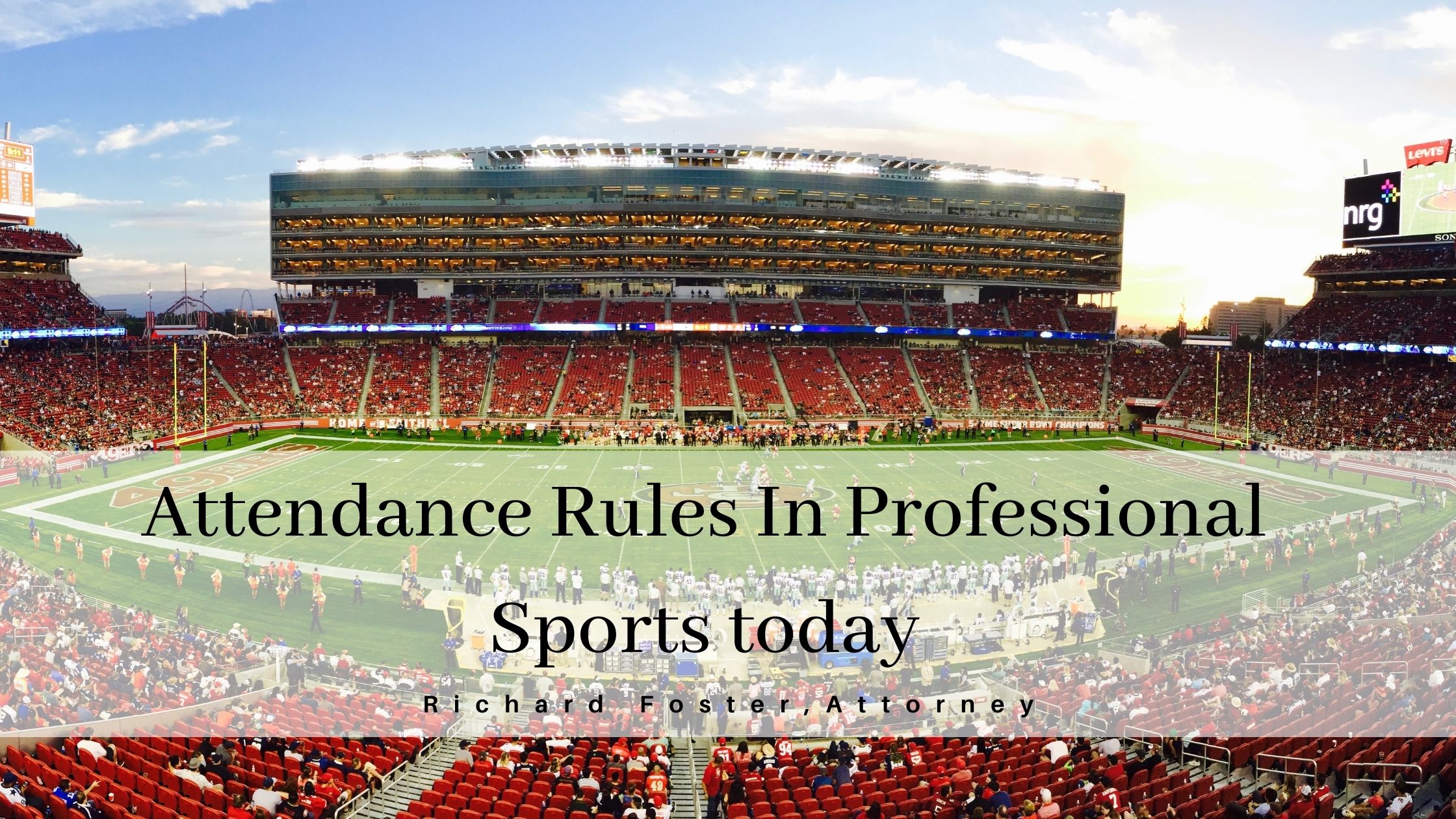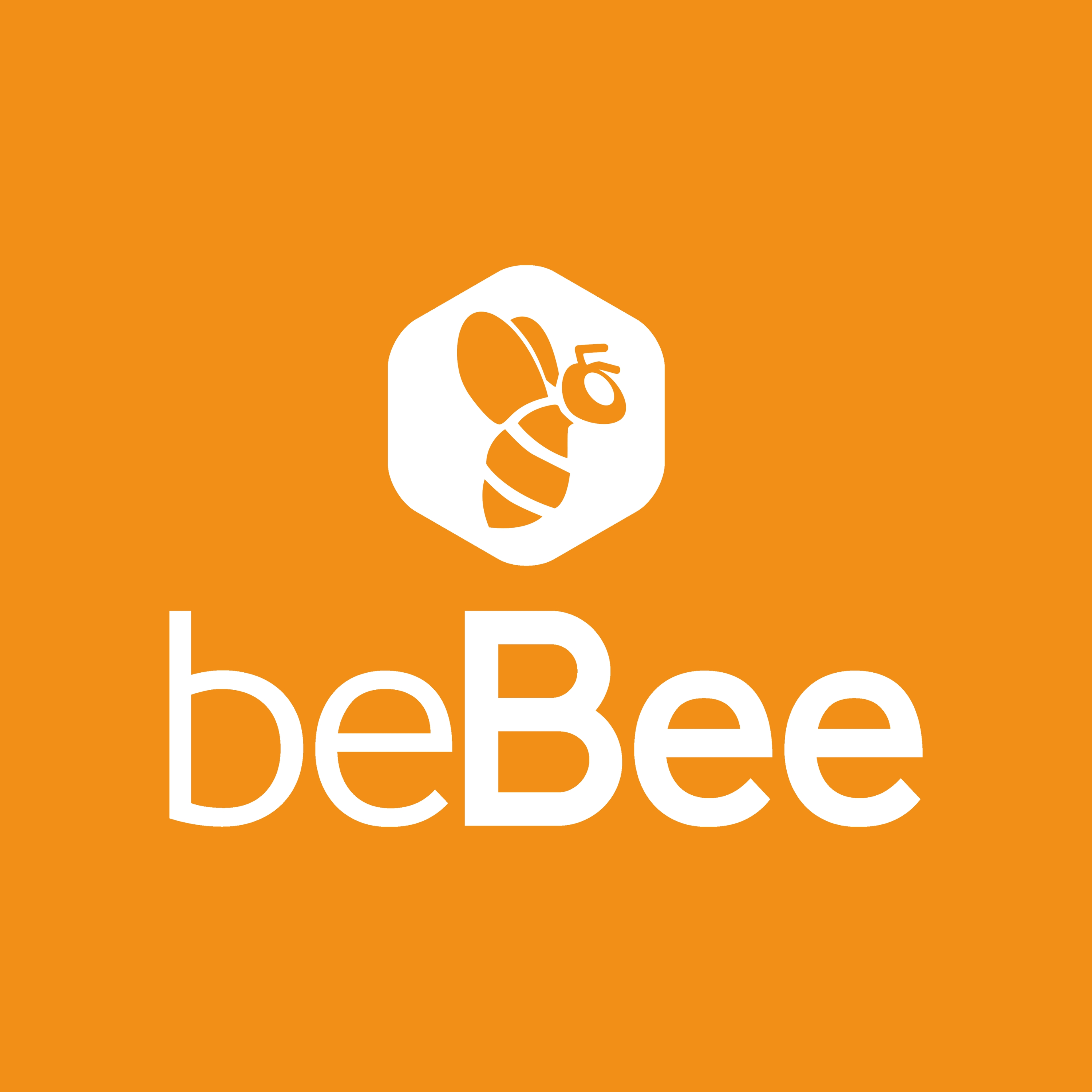Misconceptions About Your First Amendment Right to Free Speech

The First Amendment is one of the most important amendments to our constitution, but it’s also one of the most misunderstood. In particular, there are many misconceptions about the idea of “free speech.” The Amendment states that “Congress shall make no law abridging the freedom of speech, or of the press.”
As with any rule, there are exceptions and gray areas. This is where the confusion can stem from. To help us decipher what is constitutional and what isn’t, precedents have been set by previous situations and legal cases. Here are a few of the most common misconceptions about Americans’ right to free speech.
Free Speech and Private Institutions
One of the most commonly misunderstood parts of free speech is the designation between speaking in a public realm and speaking within private institutions.
In recent years, we saw mass misunderstanding in the controversy of Colin Kaepernick’s choice to kneel during the playing of the National Anthem and the NFL’s subsequent actions and comments. Kaepernick’s silent protest was met with both strong support and strong criticism. After the first instance, the NFL released a statement saying players were “encouraged but not required” to stand during the playing of the national anthem. Kaepernick became a free agent, but no NFL team picked him up. He filed a grievance against the NFL in 2017 accusing them of colluding to keep him out of the league, but he withdrew the grievance in 2019, reaching a private settlement with the league.
The public heavily debated the entire situation, with many saying that Kaepernick had a right to kneel during the anthem because of his First Amendment right to free speech. While the amendment does protect a person’s right to protest, Kaepernick was representing a private entity as a player. The silent protest was a form of speech within a private institution, not a public realm. Therefore, it is an issue that the constitutional government has no role in.
Another common gray area is free speech on a college campus. Private universities can determine their own priorities and carry out business as they see fit, so there is less government involvement. For example, a private university can withhold funds for a student-run publication with a controversial standpoint, but a public university can’t be selective in content if it chooses to provide the funds without violating the students’ freedom of speech. However, it’s important to note that the importance of debate and critical thinking is considered paramount in higher education, and it’s not something taken lightly by either private or public schools. As a compromise, some private universities have “free speech zones” to encourage a diversity of viewpoints. The famous quote from Tinker v. Des Moines was: “Students don’t shed their constitutional rights at the schoolhouse gates,” but the differentiation between private and public schools is still a factor in the legality of certain speech.
Freedom of Speech for Those with Unpopular (and Offensive) Viewpoints
In the United States, it’s not uncommon for people to have differing opinions on serious issues. Some divergent views border on offensive and discriminatory, but that doesn’t mean those speakers can be silenced by the government if they’re speaking in a public realm. One of the most famous examples is the right of Ku Klux Klan members to spread their message publically. As acknowledged by the American Civil Liberties Union, our country’s democracy becomes stronger when we hear and engage with differing views instead of pushing them under the rug. Because of this, even the most unpopular and disagreeable speech is protected by the First Amendment.
Types of Speech that are Protected
Contrary to what some people believe, not all speech is protected by the First Amendment. The nine categories that don’t fall under the amendment are:
- Obscenity
- Fighting words
- Defamation
- Child pornography
- Perjury
- Blackmail
- Incitement to imminent lawless action
- True threats
- Solicitations to commit crimes
These types of speech can be punished by law without violating a person’s rights. If someone tries to defend one of these actions by stating they were operating within their right to free speech, that defense likely won’t be applicable.
The rise of technology and social media have made this topic even more complex than it once was. For example, Congress has proposed legislation to censor some forms of online speech. But as we’ve mentioned before, social media companies are private entities, therefore not subject to governmental oversight. As far as termination of employment based on online speech, a private company can fire someone for something they said on social media, but it gets more complicated if that person is employed by the government.
The right to free speech in America is a complicated issue that has evolved over time, and it will undoubtedly continue to evolve. I teach college courses on sports law, and I always make sure to spend ample time teaching students about the First Amendment because people tend to have a big misunderstanding of the rights we have in this country. A basic understanding of our liberties is crucial to build a generation of knowledgeable and empowered citizens. Understanding the role of both citizens and the government in free speech issues takes time, but it’s an important topic to discuss.
Originally published on RichardFosterAttorney.com
Articles from Richard Foster
View blog
Whether you’ve hit a sudden bout of writer’s block or you’re in the middle of a writing hiatus, feel ...

The NFL recently adopted new some new procedures that were aimed at diversity, equity, and inclusion ...

It is no secret that the COVID-19 pandemic has thrown a major monkey-wrench into the plans of many l ...
You may be interested in these jobs
-

Interior Decorators for a Single-Family Home in a Modernized Classic Style"
Found in: Handyman CS US - 3 hours ago
Direct apply
beBee Handyman Castleton-on-Hudson, NY, United States FreelanceI am in need of an Interior Decorator service with the following characteristics in Castleton-on-Hudson, NY:Indicate the property to be decorated · Single-family home · Space(s) to be designed and/or decorated · Entire property · What specialty(ies) do you need in decoration? · F ...
-
Deputy Director of Operations and Growth
Found in: Lensa US 4 C2 - 1 day ago
Toyota of Redlands Oakland, United StatesDeputy Director of Operations and Growth (FT) · Posted on October 11, 2018 · Forward Together is thrilled to be expanding our senior staff team and recruiting for a · Deputy Director of Operations and Growth . This is an opportunity for a highly skilled senior level leaders to ...
-

Field Service Engineer
Found in: Dice One Red US C2 - 6 days ago
SAIC Career Site HUNTSVILLE, United StatesDescription · Make a difference for national security by leading a team of dedicated professionals in supporting the Space Development Agency (SDA) in developing and deploying the Battle Management Command, Control, and Communications (BMC3) software development and hosting envi ...

Comments